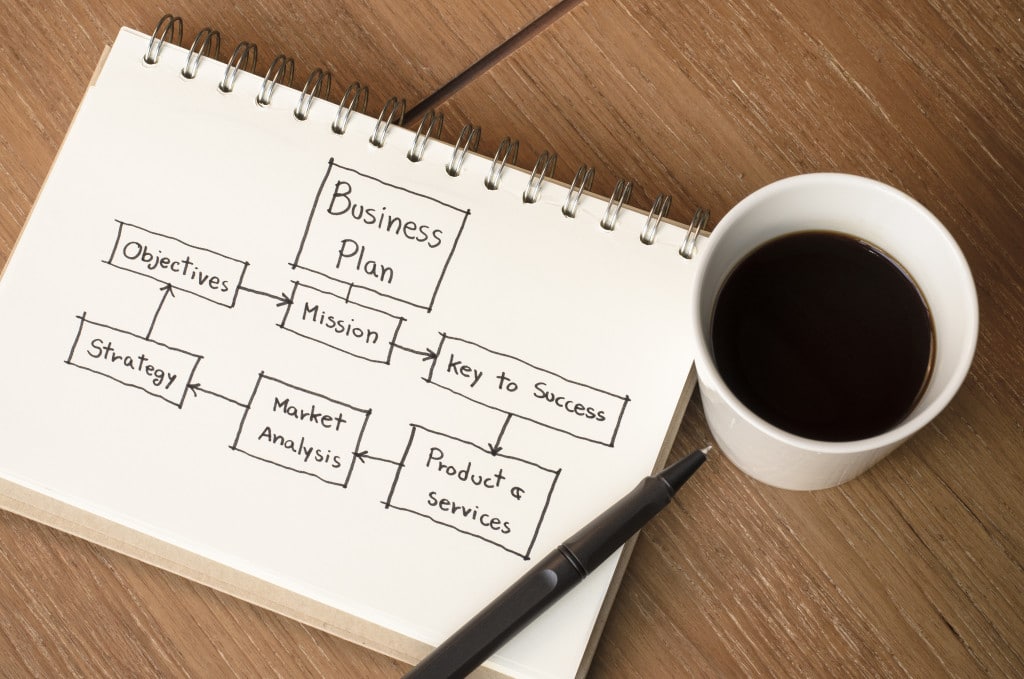- Starting a business can cost around $30,000 for the first year of operations.
- Legal fees can range from $500 to $10,000, so it’s essential to consult a lawyer early on.
- Small businesses spend around 7% to 8% of their total revenue on marketing.
- Business incubator programs and crowdfunding are great ways to reduce the cost of starting a business.
- Creating a budget and understanding the costs of starting a business can help entrepreneurs launch their businesses without breaking the bank.
Starting a business is exciting, but it can also be a daunting task. There are so many things you need to consider and plan for, one of which is the cost. While the internet has made it easier to start a business, it has also made it more competitive. So, how much does it cost to start a business today? Studies have found that it can easily cost people around $30,000 for the first year of operations.
The Cost of Starting a Business
Businesses don’t run on air. You must invest in supplies, equipment, and other resources to start. Business owners must also pay for marketing materials such as brochures, business cards, or websites. These costs can add up quickly when you factor in office space, technology hardware, software licenses, and other overhead expenses. Here’s a breakdown of how to avoid these costs over time.

Business Plan
A business plan is essential to lay out your vision, mission, and goals for your business. It helps you define your target audience, competition, pricing strategy, marketing plan, and financial projections. A business plan can cost anywhere from $500 to $5,000, depending on the complexity and detail required. However, it is a critical investment to secure funding, make informed decisions, and guide your entrepreneurial journey.
Legal Fees
Starting a business requires legal compliance in many areas. You may need to register your business entity, obtain licenses and permits, file taxes, and protect your intellectual property. Legal fees can range from $500 to $10,000, depending on the extent of legal work needed. It’s best to consult a lawyer early on to understand the legal landscape and ensure your business operates legally and sustainably.
Marketing and Advertising
Marketing is vital to any business, but it can also be expensive. You must create a brand identity, design a website, produce content, run ads, and engage with your target audience. Marketing costs can vary widely depending on the channels and tactics used. B2B businesses spend around 2% to 5% of their total revenue on marketing, while B2C businesses spend a lot more. However, starting small and scaling up is crucial based on your measurables and ROI.
Technology and Equipment
In today’s digital age, technology, and equipment are integral to the success of many businesses. You may need to invest in hardware, software, telecommunications, internet access, and office space. The costs can increase quickly, especially if you need specialized equipment or tools. Depending on your business needs, the technology and equipment can cost anywhere from $1,000 to $100,000.
Staffing and Operations
As your business grows, you may need to hire employees or outsource tasks to freelancers or contractors. Hiring can be a significant cost, including salaries, benefits, training, and other expenses. It’s essential to consider whether the benefits and productivity gains justify the costs of hiring. You’ll also need to factor in the operational costs of running a business, such as utilities, rent, insurance, and supplies.
How to Avoid Some of These Expenses
Thankfully, there are some ways you can reduce the cost of starting a business. Here are some of those ways:

Loans
If you don’t want to put too much burden on your cash on hand, consider getting loans. One of the best loans you should consider is from your mortgage. A mortgage refinancing comes with a couple of benefits. First, it comes from your equity. Since you’ve already paid your mortgage, you’ll only pay the interest. Second, it has a more extended repayment period than other types of loans. So it’s a great option if you plan to run your business for a long time.
Business Incubator Programs
Many organizations offer business incubator programs to help startups get off the ground. These programs provide resources and mentorship to help entrepreneurs launch their businesses without paying for everything out of pocket. They typically focus on building the business from the ground up, so it’s essential to research and finds the right program for you.
Crowdfunding
Crowdfunding is a great way to raise money for your business without debt. Platforms like Kickstarter and GoFundMe allow businesses to connect with potential investors and customers to support their ventures. They typically provide rewards for backers, such as products or discounts, which can be a great way to generate interest in your business.
By taking the time to understand how much it costs to start a business today and exploring the various options available to you, you can create a budget that works best for you and your business. You can start a successful business without breaking the bank with the right strategy and planning.
